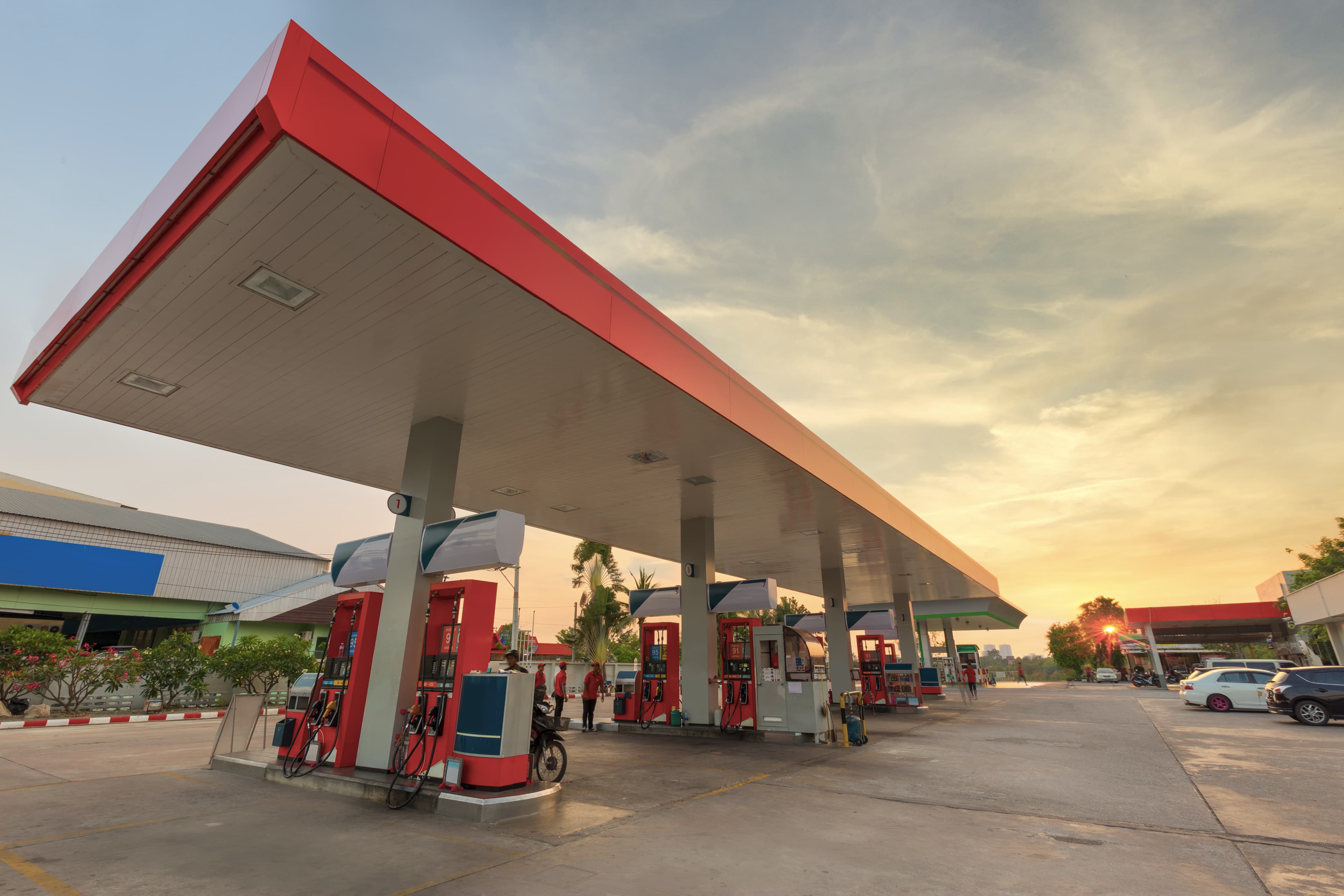Fuel tank calibration is a crucial aspect of ensuring accurate fuel measurements and efficient operations in various industries. While many people may not be familiar with the intricacies of this process, understanding its significance can lead to improved fuel management, cost savings, and environmental sustainability. In this blog post, we will explore five things you never knew about fuel tank calibration, shedding light on its importance and the benefits it offers.
Precision Matters:
Fuel tank calibration involves determining the precise volume of fuel within a tank at different levels. Accuracy is paramount, as even a minor discrepancy can lead to substantial financial losses or operational inefficiencies. By calibrating fuel tanks regularly, businesses can ensure accurate measurements and prevent errors such as underreporting or overreporting fuel levels.
Factors Affecting Calibration:
Several factors can impact fuel tank calibration. The shape of the tank, temperature variations, and fuel density changes can all influence the volume readings. Moreover, factors like sediment buildup, condensation, or irregularities in the tank's interior can further affect calibration accuracy. Recognizing these factors helps operators understand the importance of frequent calibrations and the need for professional expertise.
Calibration Methods:
Various calibration methods are employed depending on the type of fuel tank and its application. Common techniques include volumetric calibration, tracer calibration, and electronic calibration. Volumetric calibration measures the tank's volume by physically filling it with a known quantity of liquid. Tracer calibration involves adding a chemical tracer to the fuel and measuring its concentration at different levels. Electronic calibration relies on sophisticated sensors and instruments to measure fuel levels accurately.
Benefits of Accurate Fuel Tank Calibration
Now that we've explored a couple of lesser-known aspects of fuel tank calibration, let's discuss the benefits of achieving accurate calibration for your fuel management system:
- Improved Operational Efficiency: Accurate fuel tank calibration allows you to precisely monitor fuel consumption, identify patterns, and optimize vehicle routes and operations. This data-driven approach can lead to reduced fuel wastage, improved fuel economy, and ultimately lower operational costs.
- Enhanced Cost Management: By having a reliable and accurate fuel measurement system, you can better track fuel expenses, identify potential fuel losses or theft, and implement effective cost control measures. This level of transparency enables you to make informed decisions regarding fuel procurement, pricing, and overall cost management.
- Maintenance Optimization: Proper fuel tank calibration enables you to detect anomalies in fuel consumption, which may indicate mechanical issues or fuel system malfunctions. Early identification of such problems allows for prompt maintenance and repairs, preventing further damage and reducing downtime.
Conclusion
Fuel tank calibration is more than just a routine maintenance task; it is a crucial aspect of efficient fuel management. By understanding the effects of fuel density variation and motion-induced sloshing, you can ensure accurate measurements and unlock the full potential of your fuel management system. With improved operational efficiency, cost management, and maintenance optimization, accurate fuel tank calibration becomes a key contributor to your organization's success in today's competitive landscape.
🌐Discover more
Visit at https://www.bongoiot.com/fuel-management
or,

